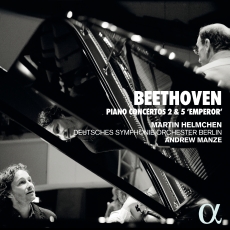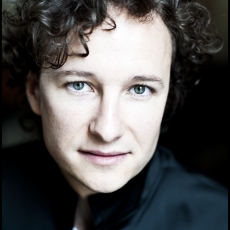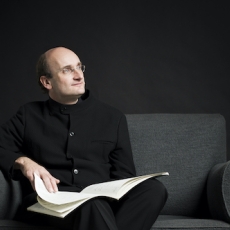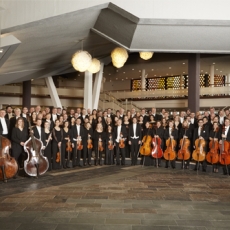Martin Helmchen, Andrew Manze & DSO Berlin - Beethoven: Piano Concertos 2 & 5 "Emperor" - Gramophone
This is Martin Helmchen and Andrew Manze’s first volume in a promised complete survey of Beethoven’s concertos. Yes, yet another one. Of course, with Beethoven’s anniversary year approaching there will doubtless be a surge of merchandise; but we surely have a right to expect something new(-ish) in the process. Leif Ove Andsnes’s ‘Journey’, for instance, has already taken conducting the concertos from the piano to a new level; with others, historically informed performance and/or chamber arrangements may refresh our ears; still others may take more eye-catching and contemporary measures (Boris Giltburg’s ice-bucket, sorry, Beethoven sonatas challenge for 2020 is likely to attract attention to his forthcoming concertos survey).
Helmchen and Manze take none of these routes. Theirs is to all appearances a straight-down-the-middle approach. Yet it does stand high and proud for its artistry, poetry, stylish musicianship and, perhaps above all, rapport between soloist and conductor. This really does feel like a meeting of minds. Listen to the unusually prolonged state of calm before the return of the main theme in the first movement of the Emperor, or the subtle recovery of tempo for the subsequent transition. Here and in other magical poetic oases that Helmchen incorporates into the virility and heroism of the first movement, his account is comparable to Emil Gilels with Leopold Ludwig, which for many (myself included) remains unsurpassed.
Nothing is routine here. Helmchen makes no excuse for making the climax of the second movement stand out and takes greater pains than most to make it distinct from the surrounding serenity. The result is both startlingly effective and natural. If you have principled objections to flexibility and elasticity in the rhythmical design, you might raise an eyebrow. But there is no danger of self indulgence or mannerism here, and certainly no distortion à la Glenn Gould: just pure individual pianism and freshness of outlook.
Vital energy and connoisseur-level sensitivity to original turns of phrase reign supreme in Helmchen’s reading of the Mozart-influenced Second Concerto, and he appropriately exchanges its skittish garments for a serious black frock-coat with the first-movement cadenza, composed much later than the surrounding music, layering the soundscape in something that could have come right out of the Hammerklavier Sonata. The lonely piano recitative of the slow movement is a heart-melting moment. Comparison with Helmchen’s own recording of this concerto from the final round of the 2001 Clara Haskil competition (which he won) is the best proof of how much a close affinity between pianist and conductor matters. Not only has Helmchen matured in his pianism but he is given wings by an orchestra that shares intimate moments with the piano at one point and twirls with it at the next. The finale is a joyous pas de deux, and how charming is Helmchen’s invitation to the dance when he adds a subtle agogic accent to the very opening of the movement. This is another account to be placed alongside the finest, including Argerich, and for me surpassing Glenn Gould/Bernstein. If this quality of musicianship is sustained through the next volumes, this will be a journey to rival that of Andsnes and the Mahler Chamber Orchestra.



